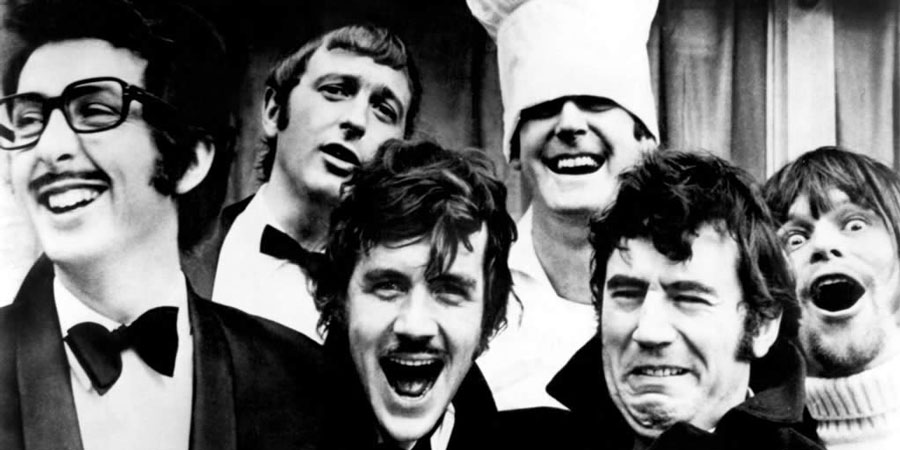stimarco
Tuesday 6th August 2013 1:53am [Edited]
In a flat
29 posts
Quote: bob4apples @ July 28 2013, 12:56 PM BST
Wow, I suppose influencing generations of comedians from here to Timbukta doesn't come into it at all. Or the fact it's still being shown on TV somewhere 40 odd years later.
Except it wasn't really Monty Python who did the influencing, was it? It was Spike Milligan and his "Q" series. The Pythons have admitted in a number of interviews that it was Milligan's surrealist, albeit *very* low-budget, sketch show that showed them the way. Monty Python were basically a Spike Milligan tribute act, with the unusual feature of having managed to finagle a bigger budget out of the BBC. (Possibly by dint of not being Spike Milligan, who was, by all accounts, not an easy man to work with.)
I suspect another problem with the original Monty Python TV series is that its pacing is glacial by modern standards, while the tools -- PAL colour TV technology had only just been introduced in 1969 and the equipment looked it -- were big, clunky and unrefined. Given the tight deadlines involved in TV production, it's clear many sketches suffered from being rushed.
So... slow pacing, sketches that frequently outstay their welcome, and overlong setups that telegraph their punchline long before that punchline actually hits. There's also a very ragged edge to much of the writing itself that suggests that time was a problem for the writers too, preventing them from giving it that final polish and sheen.
(Spike Milligan's "Q" series suffers from the same problem, but part of the humour was in guessing where Spike would corpse. He was a great comedy writer, but was a much worse actor than any of the Pythons.)
Modern audiences are also so familiar with many joke formulae today that they can literally see many jokes coming. (E.g. Bill Bailey's deconstruction of the "Three men walk into a pub..." format: http://www.youtube.com/watch?v=_GxI-6544z8 -- a joke about a joke format.)
Moviemaking was much more advanced technically than (PAL) TV technology. Furthermore, instead of trying to fill 6 hrs. 30 min. with sketches in an exhausting and draining race against the clock, you've only got 90 minutes to fill, and all the time in the world to fill it as you don't (normally) start filming until the script is done, approved and green-lit.
("Holy Grail" obviously didn't follow this path and that explains much of what *doesn't* work in that film. Its success comes from the fact that the quality of many individual sketches is so high, but as a *movie*, it never quite manages to exceed the sum of its parts. "Life of Brian" is easily the best movie the Python team made together. "Meaning of Life" works if you treat it as what it is: essentially an extended TV episode with a big budget. But it's no more a traditional movie than "And Now For Something Completely Different", despite having an overall theme.)
Simply put: we're a lot better at producing TV comedy, while audiences are also a lot more aware of how comedy works. 40 years ago, Monty Python's Flying Circus' hit:miss ratio might have been closer to 60:40 by contemporary standards, but that standard was set a lot lower than it is today. Today's audiences expect much more.
And now, I really must stop procrastinating.

